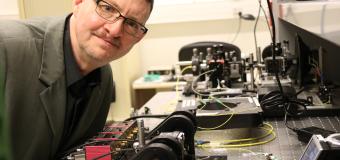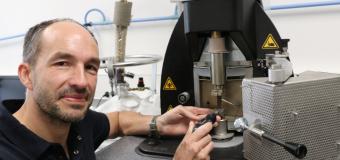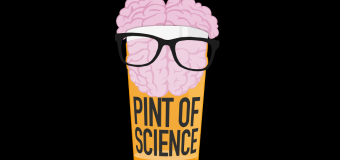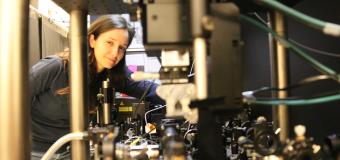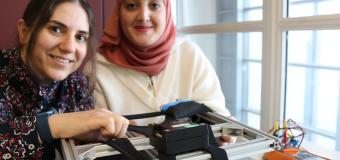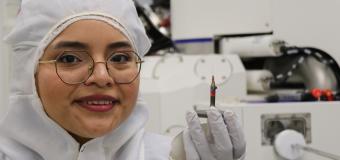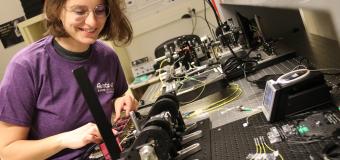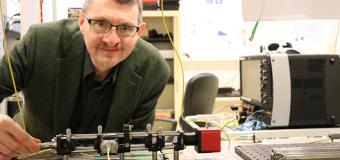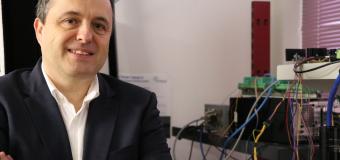Programmable matter: world record attempt
A FEMTO-ST research team is trying to get the record for the largest number of autonomous light blocks assembled in a structure approved by the "Guiness World Record".
For more than 10 years, the Department of Computer Science and Complex Systems of the FEMTO-ST Institute (CNRS - UBFC - UFC - ENSMM - UTBM) in Montbéliard, has been working on the themes of distributed programming for modular systems.
This Friday, August 27, 2021, the team of professors and researchers behind the modular robots "Blinky Blocks" will attempt to set the record for the largest number of autonomous light blocks assembled in a structure, i.e. 1824 modules in the category of the largest object by size.
The communication between hundreds of independent modules highlights the progress made in the field of distributed programming for modular robotics, with the future goal of creating programmable matter.
This record attempt is part of the art and science partnership between the artist couple Scenocosme, which is realizing the interactive structure in Blinky Blocks, the FEMTO-ST laboratory, and the theater “MA scène nationale”, which is hosting the event in its digital stage on the campus in Montbéliard.
To validate the record, Simon Hauser, PhD in modular robotics, graduated from EPFL, will countcounted the quantity of individual blocks composing the structure, which light up autonomously, after receiving an external stimulation (finger tapping, sound, message from its neighbors). The dimensions of the structure are then recorded by Jean-Baptiste Rollin, an expert surveyor in Belfort, using a digital scanner. The whole process will take place under the watchful eye of Samuel Gomes, mayor of Badevel.
The Blinky Blocks are manufactured by the Tech Power Electronics group for the FEMTO-ST Institute. A block is made of two Lego-shaped plastic shells, screwed together. It contains magnets, a microcontroller, a microphone, a speaker, leds and pin connectors. The microcontroller is programmed by the Department of Computer Science and Complex Systems of the FEMTO-ST Institute.
More informations : Remy TRIBHOUT



